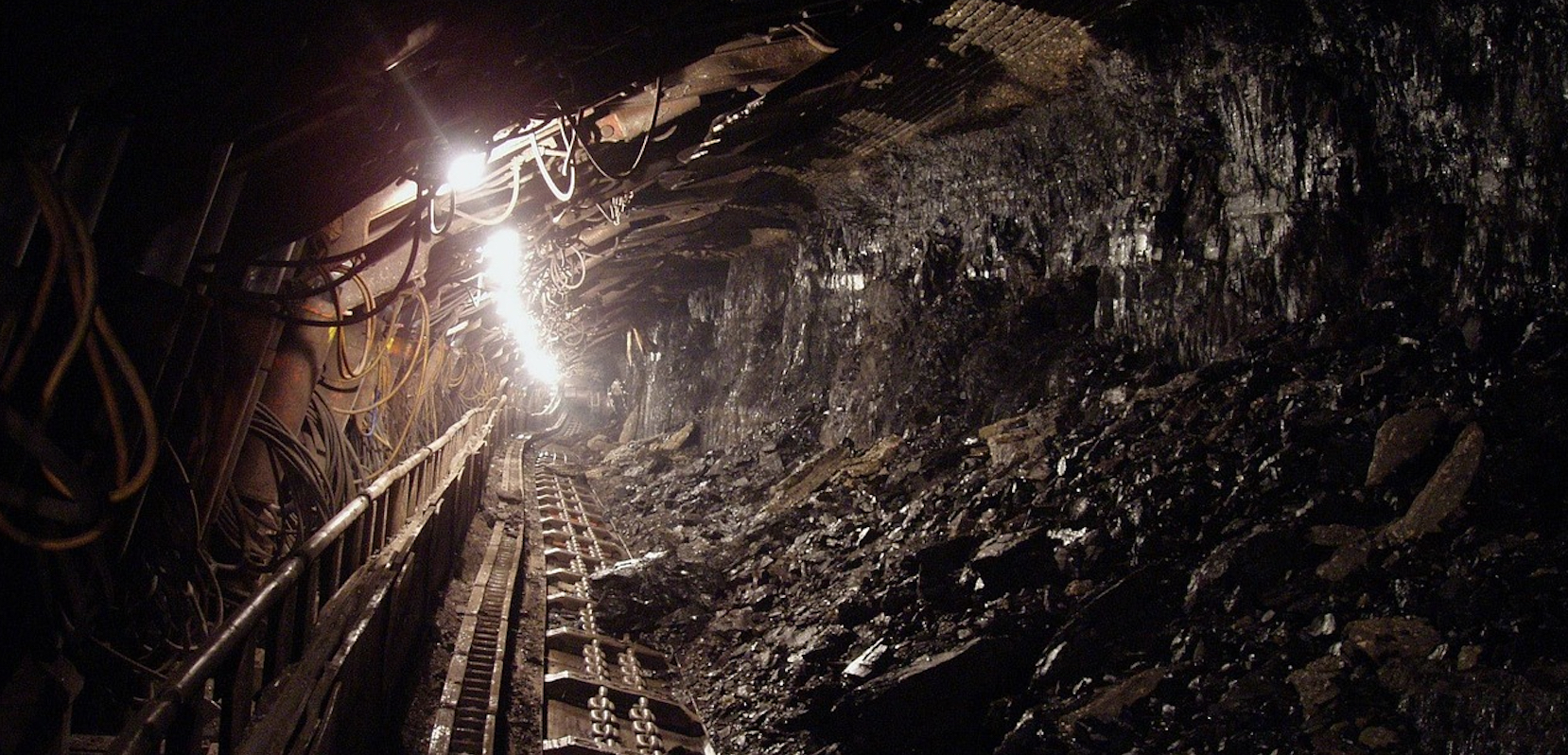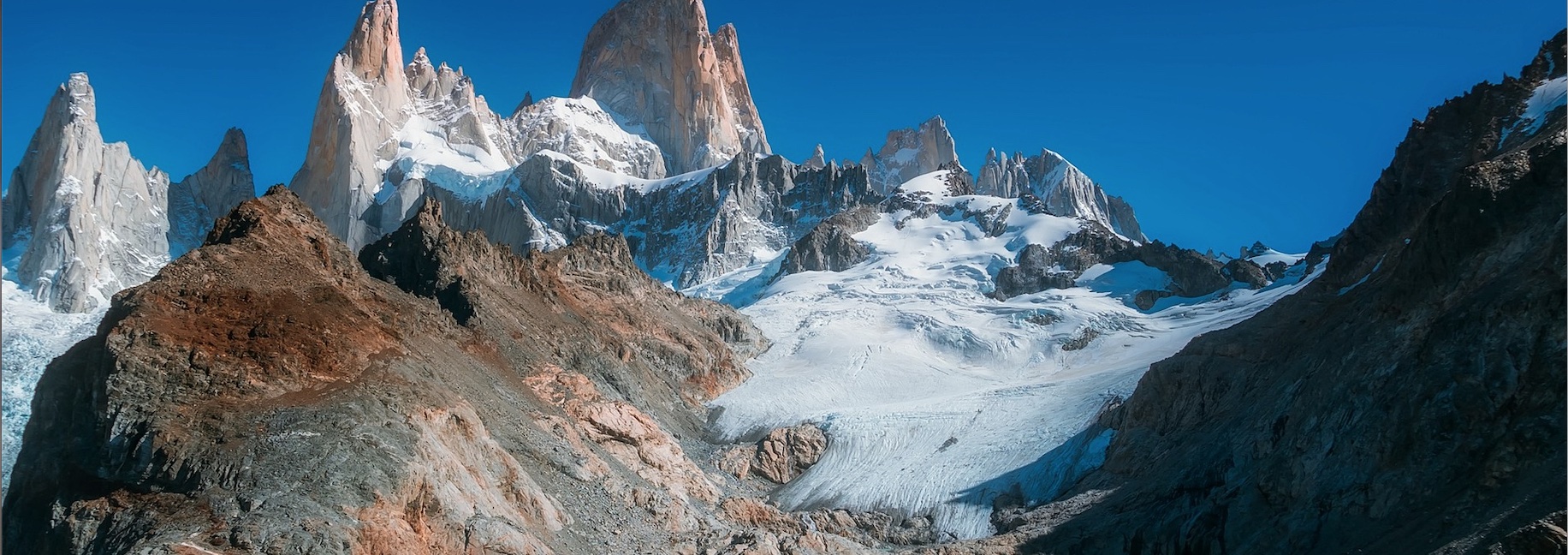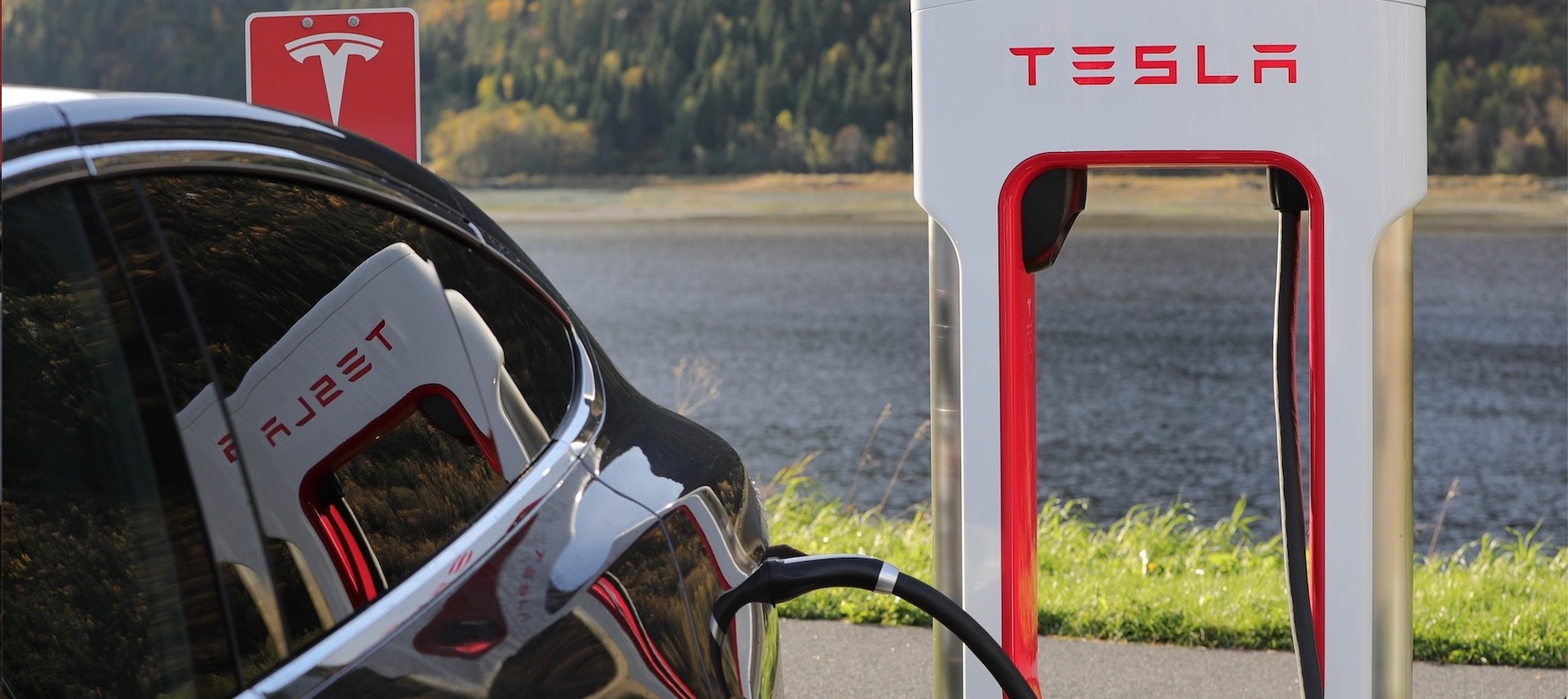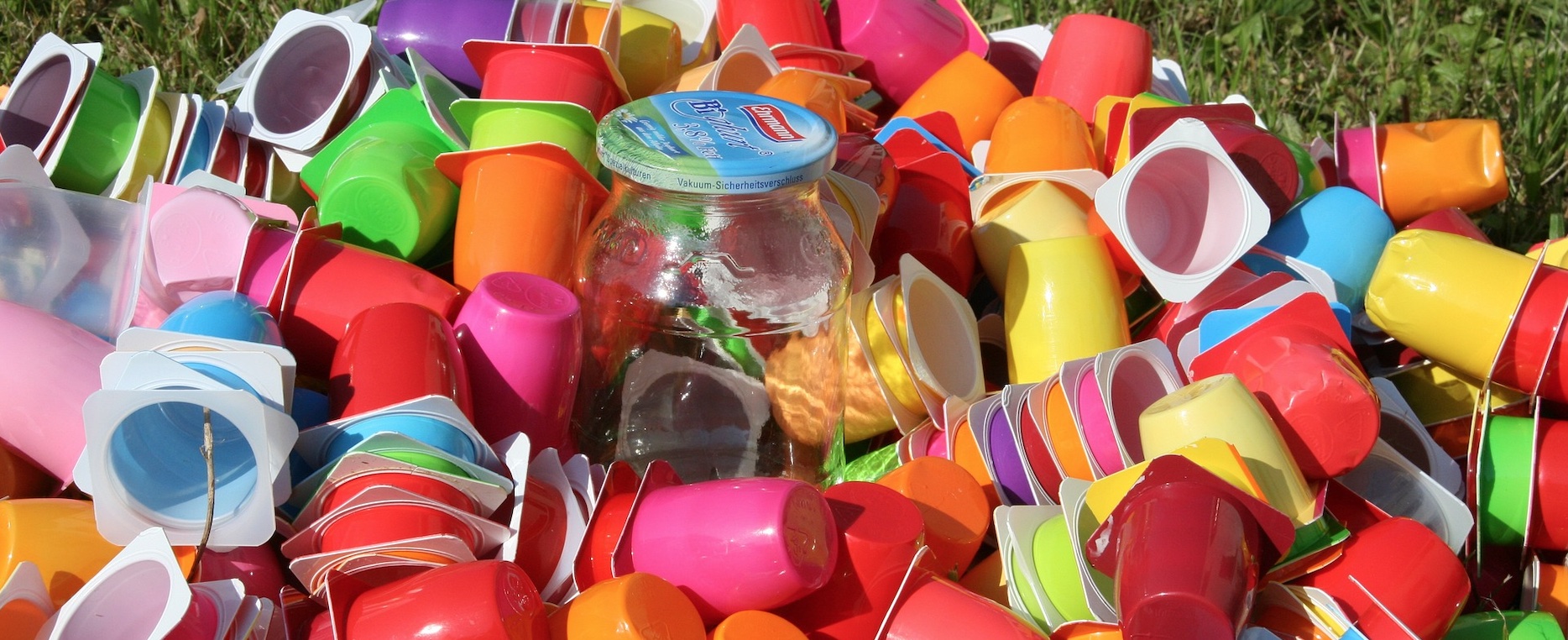Net Zero powered by Pur și Simplu Verde provides concise news, articles, and useful information about the goal of achieving net zero emissions
Net zero refers to reaching an equilibrium between emitting greenhouse gases and absorbing them. The European Union wants to reach net zero (climate neutrality) by 2050. This website publishes new scientific discoveries, local and foreign initiatives, and public policies meant to bring us closer to net zero. It was created combining Artificial Intelligence and human input from our volunteers. It is accessible in both Romanian and in English.You can send us articles you want to see published on this site or suggestions here. Enjoy!
Swedish state-owned mining company LKAB announced the discovery of Europe's largest known deposit of rare earths near Kiruna, the country's northernmost town. This discovery could help the continent break away from China's dominance in the sector, as China produces about 98% of the group of 17 minerals used in electric vehicles, portable electronics, wind turbines, and military equipment. The Per Geijer deposit, just north of the company's largest iron ore mine in the Swedish Arctic, is estimated to contain more than 1 million tonnes of rare earths, according to LKAB. The company stated that work is still in an exploratory phase and the full extent of the deposit is not known. CEO Jan Mostrom said it will be at least ...
Scientists have made a breakthrough in using the sun's energy to split water molecules, a process known as solar water splitting, according to Science. This discovery has the potential to generate hydrogen fuel, a clean and renewable energy source. Previous attempts have been hampered by the fact that infrared photons, which make up roughly 50% of the photons that reach Earth, aren't energetic enough to split water molecules. However, a team of researchers led by Zetian Mi at the University of Michigan, Ann Arbor have found a way to use a lens to focus sunlight to a 100-fold smaller area, allowing them to reduce the size of the water-splitting semiconductor and increase the efficiency of the process. The team was able to convert 9.2% of ...
While the average global temperature continues to rise due to increasing emissions of greenhouse gases, the future of the world's glaciers is bleak. The rate of glacier table loss has increased over the past two decades, a trend that will continue even if emissions are limited. Despite their small size compared to the Greenland and Antarctic ice sheets, these ice deposits are important. They influence the sea level just like the ice caps, and their disappearance would mean that millions of people would be left without water. Their withdrawal would also increase the frequency of tragic events such as floods and landslides. Although most countries have agreed to limit the increase in global temperature to 1.5°C above pre-industrial levels, these targets are not being met.
The new Kunming-Montreal Global Biodiversity Framework (GBF) was signed by participating nations at the UN Conference on Biodiversity (COP15) in Montreal, Canada. The negotiations were intense and lasted more than ten days. This international agreement aims to increase biodiversity and restore ecosystems by 2030. It aims to protect 30% of the world's land, coastal areas and oceans and 30% of degraded ecosystems. In addition to these, the agreement also protects the rights of indigenous people. Source: Olive Oil Times
Bloomberg NEF recently released the Zero-Emission Vehicles Factbook, which estimates that the cumulative investment in electric vehicle charging and installation equipment will reach $62 billion by the end of this year (2022), a 228% increase over the previous year , when it had been 28.6 billion. Of the total investment in 2022, 61% represent the 600,000 public chargers built in China. Cumulative global investment is even likely to surpass the $100 billion mark in 2023 if China continues its sustained pace. This is an important moment that suggests the transition to a new phase in the electric vehicle charging sector. As Jigar Shah of the US Loans Program says, the $100 billion in invested capital indicates the ability to address the industry's problems ...
Scăderea globală a numărului albinelor și a altor polenizatori limitează producția de fructe, legume și nuci. Cercetătorii estimează că scăderea producției acestor alimente duce la 427.000 de decese premature pe an.„Faptul că facem prea puțin pentru a ajuta polenizatorii nu afectează doar natura, ci și sănătatea umană”, a declarat Matthew Smith, cercetător la Harvard T.H. Chan School of Public Health. Temperaturile crescute, utilizarea generalizată a pesticidelor și pierderea habitatelor duce la scăderea populației de insecte, care aproape s-a înjumătățit în unele părți ale lumii. Insectele polenizează aproximativ trei sferturi din culturi, au spus cercetătorii, iar declinul lor a afectat producția alimentelor cheie. Pentru studiu, cercetătorii au adunat date de la sute de ferme experimentale din Asia, Africa, Europa și America de Sud, descoperind că în 2020, cultivatorii au produs între 3 și…
Climate change has a major impact on human health around the world, from the threat of extreme weather phenomena to the spread of infectious diseases. But this impact is not felt equally. A growing body of research suggests that the world's most disadvantaged people are also the most vulnerable to the health impacts of climate change and the least able to adapt. Moreover, climate change may have different impacts on the health of men and women around the world. A review of 130 studies based on data from the literature concludes that women and girls often face disproportionate health risks from climate change compared to men and boys. 68% (89) of the 130 studies found that women's health is more...
In 2021, the great metropolis of Bordeaux had a painful revelation: local food production from the region's 5,500 hectares of farmland and 148 local farms could only feed its inhabitants for one day a year, meaning that the metropolis depended a lot on imports. Today, the numbers are a little more reassuring: food autonomy in the metropolis of Bordeaux has increased to seven days a year, and 65% of the inhabitants of the metropolis consume local products at least once a week, but the road is still long and full of obstacles. One of the innovative measures the metropolis implemented in order to find solutions to food-related problems was the establishment of the Consultative Council for Sustainable Food Governance (CCGAD).
Plastic is a major problem for the planet and for biodiversity. This year will be important for the negotiation of a global treaty to slow its impact. Plastic is everywhere – in clothes, phones, sunscreen, but increasingly in the marine food chain. How do we solve this problem? Countries are trying to find a solution and this year will be critical. The negotiations, which began last year and are scheduled to continue until 2023, will lead to the signing of a plastic treaty, expected by the end of 2024. The negotiations will have to reach an agreement between the two conflicting perspectives on plastic: it is a technological marvel that has made a host of goods affordable and revolutionized medicine, but is also a major contributor to climate change, biodiversity loss...
The Biden administration has aimed to restrict the level of fine particulate emissions, a deadly air pollutant that includes dust. This would be the first time in more than a decade that the federal government has taken action against a substance responsible for thousands of premature deaths each year. Fine particles come from chimneys, construction, trucks, thermal plants and other industrial activities. They are a maximum of 2.5 micrometers in diameter, one-thirtieth the thickness of a human hair, and can reach the lungs. It causes heart attacks, strokes and respiratory ailments. The Environmental Protection Agency's proposed regulations would drop the current limit, which has been in place since 2012, by up to 25 percent. The administration estimates it could prevent up to 4,200 premature deaths annually, as well as 270,000 lost work days...











